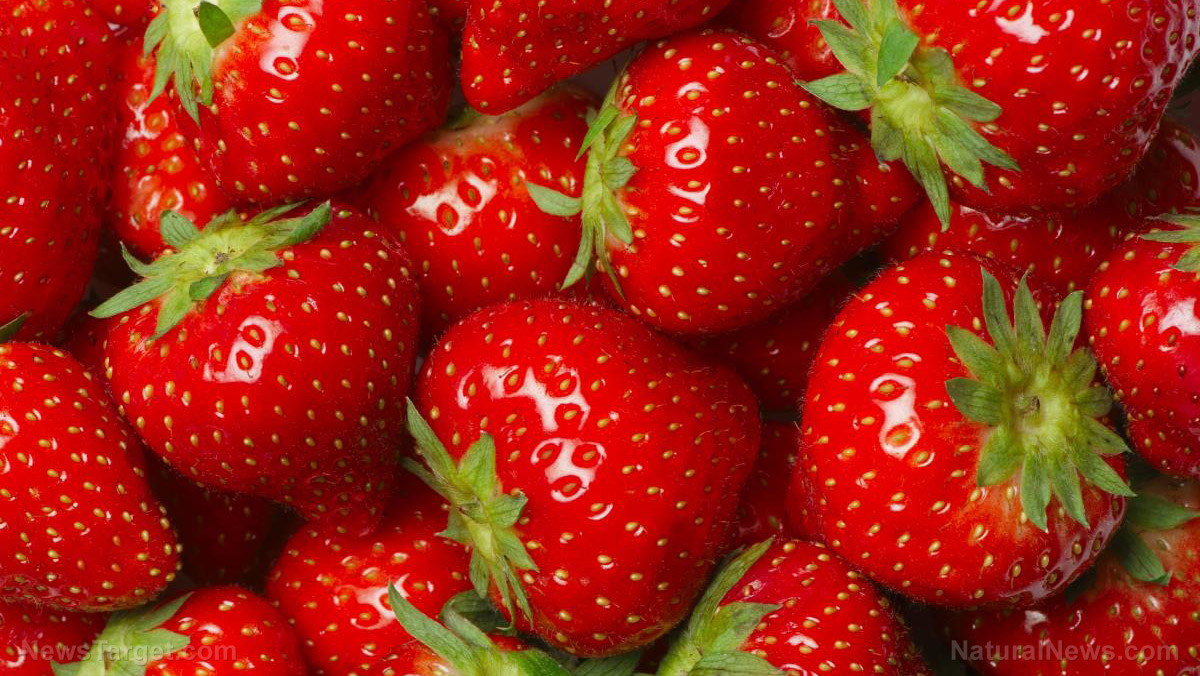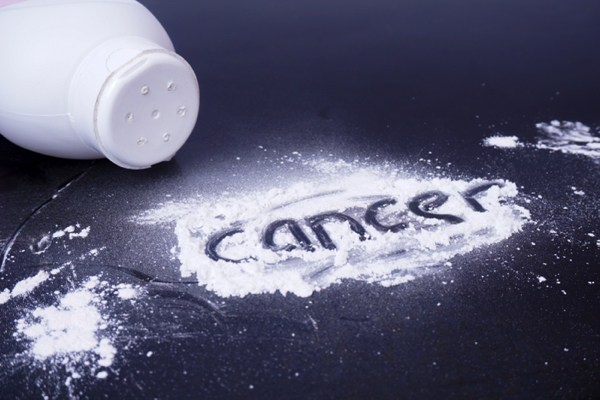Grow 40% more hair naturally with this garden oil shown to reverse baldness in men
What if an edible oil from a common backyard vine could outperform leading medications for restoring hair growth without their risks? Meet the natural hair loss solution already growing in gardens worldwide.
(Article republished from
GreenMedInfo.com)
Male pattern
hair loss from androgenetic
alopecia affects up to 70% of men, causing psychological distress yet carrying risks from standard pharmaceutical options like Propecia or Rogaine.
1-2 But a gold-standard clinical trial published in Evidence-Based Complementary and Alternative Medicine now demonstrates a safe, side effect-free natural solution already growing abundantly in gardens worldwide.
3
In the 24-week randomized, double-blind, placebo-controlled trial, 76 Korean men with mild to moderate androgenetic alopecia were given enteric-coated capsules containing either 400mg
pumpkin seed oil (Octa Sabal PlusTM) or placebo twice daily.
3 Neither group applied any other hair loss treatments during the study.
3 Pumpkin seed oil was selected due its ability shown in past animal research to inhibit the enzyme 5-alpha reductase also blocked by leading baldness drug Propecia.
4-5
After six months, remarkable mean increases in hair counts of 40% were observed in the pumpkin seed oil group using standardized hair analysis (phototrichography), whereas only 10% more hairs occurred for placebo.
3 These significant gains led to global improvements in scalp appearance confirmed by blinded investigator ratings.
3 Likewise on two separate 10-point patient self-assessments, those taking pumpkin seed oil reported higher hair regrowth and satisfaction at 6 months versus placebo - both differences deemed statistically significant.
3
Throughout the study, the pumpkin seed oil was well tolerated with excellent compliance and only one case of mild abdominal discomfort emerging as a side effect.
3 The authors conclude: "This double-blinded study did involve 76 subjects and, to the best of the authors' knowledge, is the first study to examine the long-term efficacy of PSO on AGA. The study shows that PSO could improve AGA and that it should be considered a potential alternative treatment".
3
With androgenetic alopecia partially arising from follicle sensitivity to DHT formed from free testosterone,
4 past research found the mix of nutrients in pumpkin seed oil able to modify testosterone metabolism and reduce prostate overgrowth in animals.
5,6 The site-specific effects likely arise from phytosterols that accumulate in prostate tissues exhibiting similarities to balding scalp susceptible to androgenic impacts.
3-6
Through these local androgen-modulating effects, the enlarged hair follicles shrink allowing resting telogen follicles to reactivate back into growing anagen phase. Though precision mechanisms remain under study, the return to normal growth cycles freed from ongoing miniaturization translates clinically into restored hair density without systemic hormone side effects.
This scientifically validates pumpkin seed oil as an effective, side effect-free natural intervention for male pattern hair loss matching or possibly exceeding standard medical options. Nutritionally this traditional health food provides
essential fatty acids,
carotenoids, tocopherols, minerals and other beneficial bioactive compounds supplying whole-body nourishment absent from patentable drugs.
3,7
Beyond hair rejuvenation, research confirms pumpkin seed oil relieves urinary symptoms linked to
benign prostatic hyperplasia (BPH), possibly prevented by earlier consumption.
5-8 This further confirms pumpkin seeds influence cellular function where androgenic overstimulation occurs.
This latest research is all the more profound when you consider that conventional approaches to alopecia have serious side effects. Here are the top 7 standard interventions and their downsides:
- Minoxidil (Rogaine): This topical medication helps promote hair growth in some people. Potential side effects include skin irritation and unwanted hair growth elsewhere if applied to other parts of skin.9
- Finasteride (Propecia): This oral medication blocks the enzyme that converts testosterone into dihydrotestosterone (DHT), which contributes to hair loss. Side effects may include decreased libido, erectile dysfunction, ejaculation disorder, and depression.10,11
- Spironolactone: This diuretic drug can be used topically or orally to reduce androgen production and inhibit androgens from binding to receptors. Oral spironolactone side effects may include electrolyte abnormalities, irregular menstruation in women, erectile dysfunction in men.12
- Corticosteroids: Injectable steroids help suppress localized inflammation that can cause hair loss. Side effects may include skin atrophy, discoloration, infections.13
- Immunotherapy: Medications like diphencyprone and squaric acid dibutylester can help generate an allergic reaction and stimulate hair regrowth in those with alopecia areata. Can cause skin irritation, rash, itching, etc.14
- Light Therapy: Low level laser or LED red light applied to affected areas may help stimulate follicles. Minimal side effects.15
- Hair Transplant Surgery: Hair grafts can surgically be implanted in thinning areas for permanent results. Risks include infections, scarring, poor hair growth, etc.16
Once deemed immutable and irreversible, so-called 'genetically determined conditions' prove responsive to simple dietary modifications that, unlike drugs have side benefits and not side effects, for the vast majority of those who use them. As ongoing research continues affirming food as healing medicine, rediscovering this backyard remedy for an age-old cosmetic concern highlights nature's brilliance in providing us solutions for medical conditions that also nourish us deeply and prevent other conditions from taking root.
Read more at:
GreenMedInfo.com
 Parler
Parler Gab
Gab










